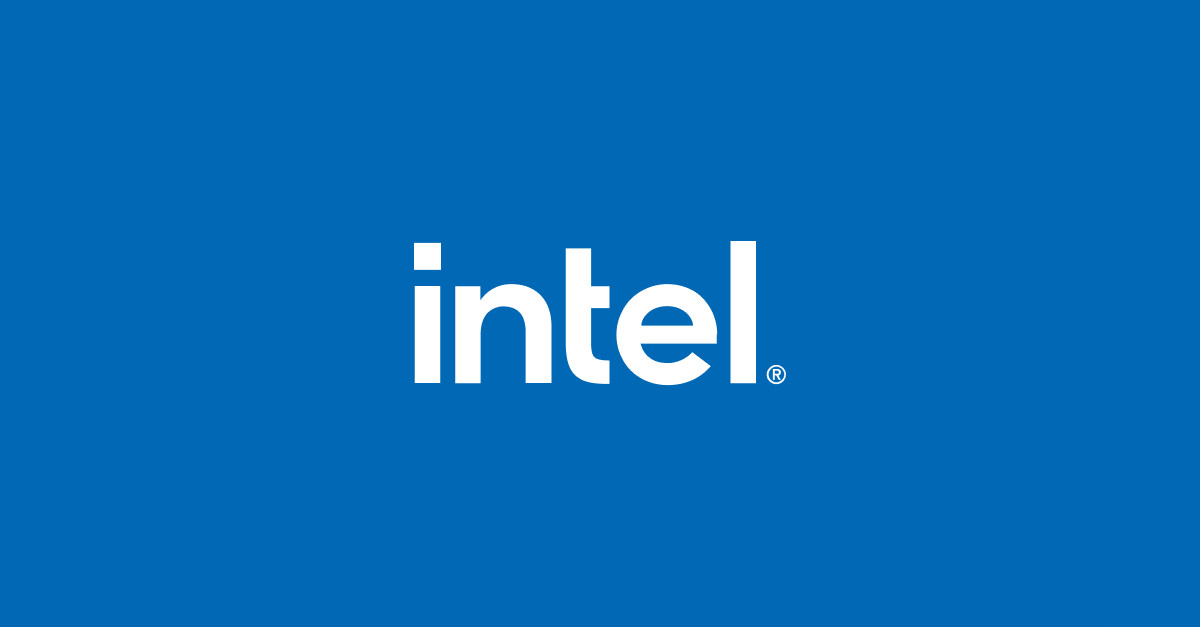In a contest where capex rules, TSM is clearly winning the race with 36 billion versus 26 billion for Intel. Not only that, TSM's costs are lower than Intel's further increasing the gap between the two. Doing business in the US is more expensive than Taiwan. It looks like TSM will keep increasing the gap between the two as it has been doing for years. Any thoughts or comments on this sought and appreciated.
Samsung is planning on a capex of over 200 billion, but no details on what products or time frame.
Quoted from earnings call:
TSM 2023 Capex will be US$32B. Advanced nodes weights 70% = US$22.4B. If we add up mask shop Capex (Most for advance nodes, assumed 1/3 of 10%) =US$0.96B. Total will US$24B. It is for 2023. For next year and after, it is tricky to estimate it now.
If we consider new fab construction cost which will be 2x higher in US than Taiwan and fab clustering effect, the effective new capacity of advanced nodes from intel definitely will be lower than TSM. If we consider yield and count effective chip delivery, then it will be another story.
Oct. 19: TSMC Q3 net profit up over 16% from Q2; gross margin beats estimate
As for its capex budget, TSMC said 2023 spending is expected to be about US$32 billion, unchanged from an earlier estimate made in July, compared with US$36.29 billion in 2022.
The capex budget serves as a barometer of market conditions by demonstrating how much a chipmaker is willing to spend on expansion.
In the third quarter, TSMC's capex totaled US$7.1 billion, down 13.1 percent from a quarter earlier and also down 18.9 percent from a year earlier, the company said.
In the first nine months of this year, the chipmaker's capex totaled US$25.21 billion, down 1 percent from a year earlier, according to TSMC.
Capex allocation
TSMC will allocate about 70 percent of its 2023 capex to high-end technology development, 20 percent to mature processes and specialty processes development and 10 percent to advanced IC packaging and testing, as well as photomasking technologies, Huang said.

